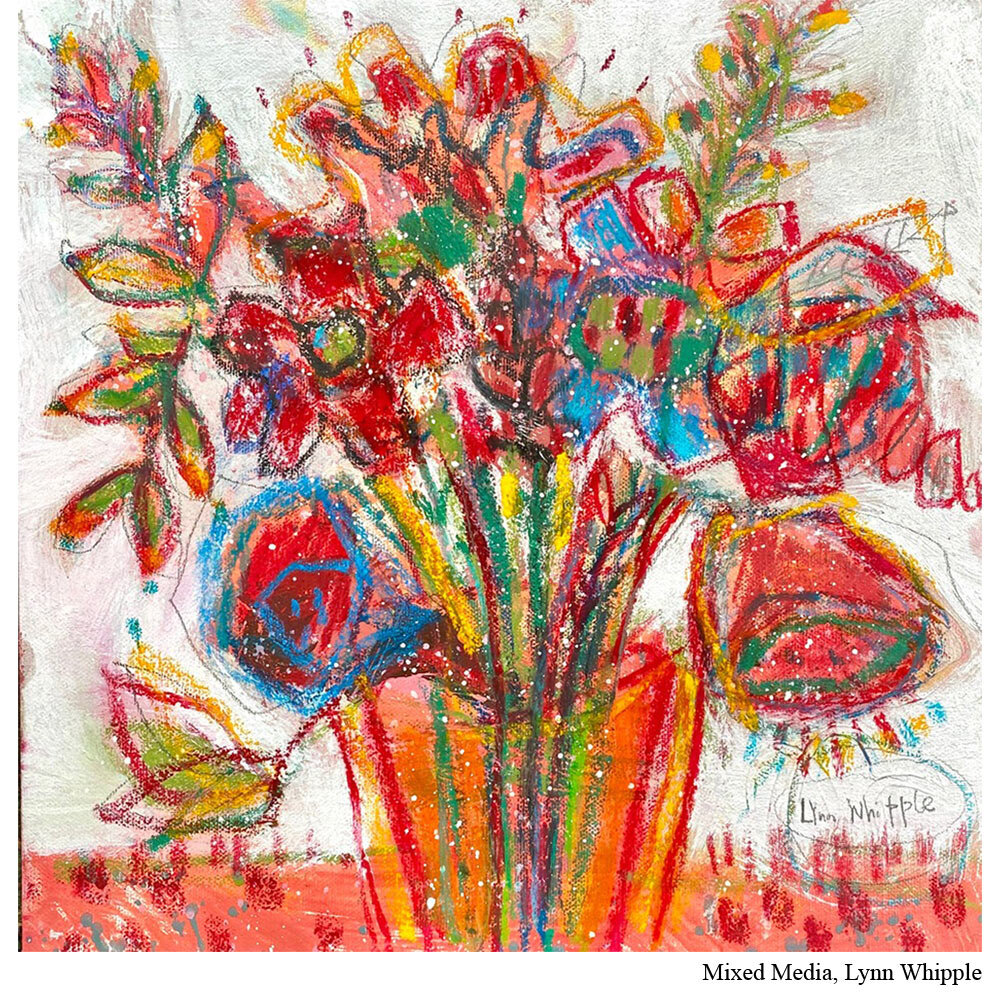Overcoming Inertia in Your Art Practice
The dreaded inertia. It shows up in art practice in many ways. Maybe you got sick and a few days away from your paints has now turned into a month.
Or perhaps work got busy and a few really good reasons turned into a lot of excuses.
For Ep.23 guest Lynn Whipple, inertia shows up when she and her husband (also an artist) get back from teaching and shows. She finds herself exhausted and the idea of going back into her studio seems overly daunting.
What does she lean on when she doesn’t want to paint?
Her process.
A process is the set of steps you walk through as an artist to create a painting. Every guest on the show has one. They may look different from one another but they all have them.
And for Whipple, she’s designed the first steps in her process to be pretty easy and very inviting.
If she knows all she needs to do is pull out some canvas and lay down a loose first layer, then she can get into the studio much more easily.
Put it to Practice:
When you have momentum, painting is easy. But when you don't have momentum, you need good tools to help you find it again.
Your process can really help you here. Look at the steps you walk through to make a painting. How easy or inviting are those first steps? If you think of the first steps and you feel real pushback because they are complicated, boring or just hard, then it might be worth getting creative around how else you might start.
If you don’t have official first steps, think about what you could try as a first step. Formalize it by writing it down. Try it a few times to see if it helps get you into your space with your hand busy.
Because often all inertia needs is you crossing the threshold into your creative space. Then your love and curiosity will spark and get you moving. It doesn’t take much.


